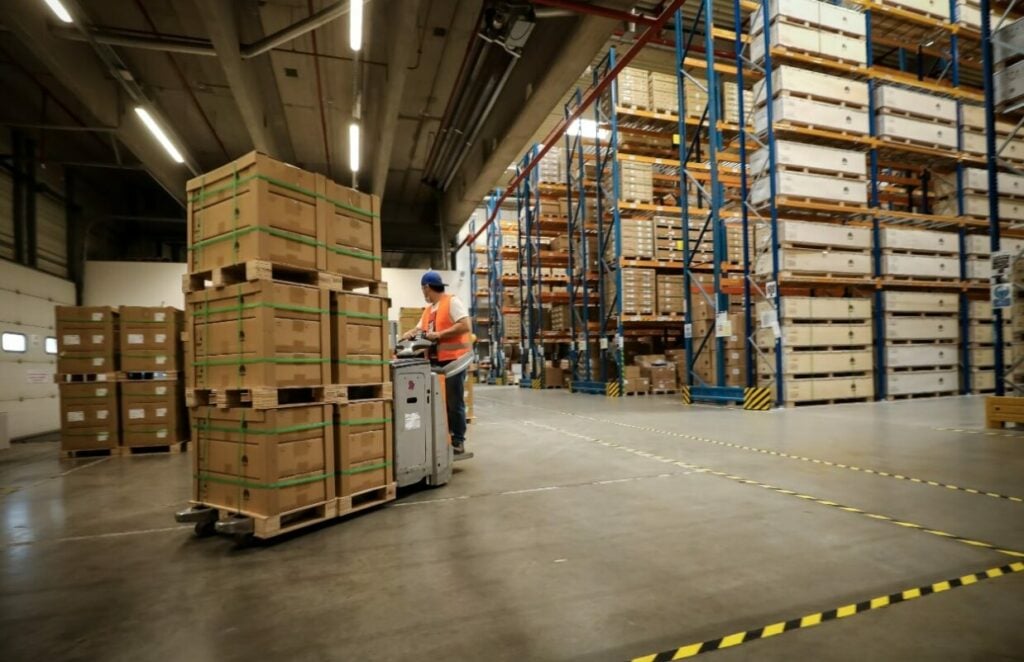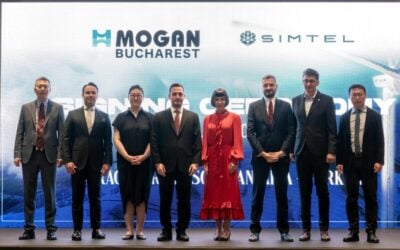
Renewable energy project developer Margün Enerji is partnering with OEM Huawei to deploy a 2MW battery energy storage system (BESS) at a solar plant in Turkey.
Margün Enerji made an application with the Energy Market Regulatory Authority in Turkey to add the 2.064MWp BESS to its 20.17MWp Ozmen-1 SPP project earlier this month (8 November).
Enjoy 12 months of exclusive analysis
- Regular insight and analysis of the industry’s biggest developments
- In-depth interviews with the industry’s leading figures
- Annual digital subscription to the PV Tech Power journal
- Discounts on Solar Media’s portfolio of events, in-person and virtual
Ozmen-1 SPP has a long-term generation license within the scope of Turkey’s Electricity Market Law whereby it can sell electricity under a state purchase guarantee at a price of US$0.13 cents per kWh for a 10-year period, which started in October 2020.
New electricity market rules brought in last year, covered by Energy-Storage.news, means that all electricity generators can add energy storage to their plants at 1MW to 1MW ratio. Margün partnered with Huawei and its local distributor Partners EGS for the project.
The firm is owned by london based investment company Naturel Holding and has around 200MW of PV capacity across Turkey.
Energy-Storage.news interviewed a local independent power producer (IPP) Aksa Energy in April about how the market in Turkey is opening up, with pre-licensing for some 744MW of storage seen earlier this year (Premium access).
A notable firm from Turkey that has gone international is Kontrolmatik Technologies, which is building a lithium iron phosphate (LFP) gigafactory and energy storage system (ESS) assembly plant in South Carolina through its Pomega subsidiary, mirroring its gigafactory projects in its home market.
Huawei has grown to become one of the five largest BESS integrators globally according to a recent research note from Wood Mackenzie. The emergency of it and other China-based firms Sungrow and BYD in the top five has been driven by pronounced competition in their domestic market, which Wood Mackenzie senior analyst Kevin Shang described as a “price war”.






